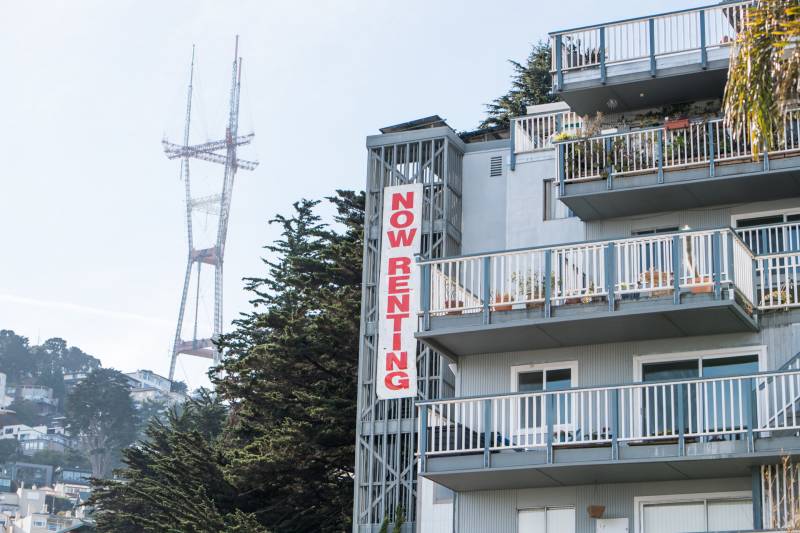Sixty new housing laws will go into effect in California this year, including several that apply to renters and landlords, placing new rules on evictions, security deposits and “junk fees.”
And while tenant advocates welcome the changes, they’re warning that renters need to be aware of their rights in order for the laws to be truly effective.
“There is a huge power imbalance between landlords and tenants statewide,” said Sam Beckett, directing attorney for tenants’ rights at Centro Legal de la Raza, an East Bay nonprofit. “These laws represent important, significant developments toward counteracting that imbalance and preventing the exploitation of tenants.”
In an effort to protect tenants while also sparing small landlords from extra costs, many of the laws target landlords who own multiple properties and include exceptions for those who own fewer than 15 units. But Debra Carlton, executive vice president for state and government affairs for the California Apartment Association, said more regulations often mean more expenses for landlords.
“The more regulations you place on the rental housing industry,” she said, “the more landlords exit.”
Keep reading for some of the 2025 laws that impact renters and landlords:
Credit reporting
Credit scores can play a big role in whether a prospective tenant gets accepted for an apartment. However, it can be hard to build good credit without a long credit history and consistent payment of debts, among other factors.
AB 2724, which goes into effect in April, aims to give tenants the opportunity to build their credit scores by allowing them the option of reporting their rent payments to a credit reporting agency. Landlords are now required to report the payments for tenants who opt in but are also allowed to pass on any related costs to the tenant. The law only applies to landlords who rent out more than 15 units.
“We always work to exempt small landlords, and we were successful with that one,” Carlton said. “We try, number one, to make it so that it’s at least beneficial by way of the tenant and doesn’t cost the owner any more money.”

